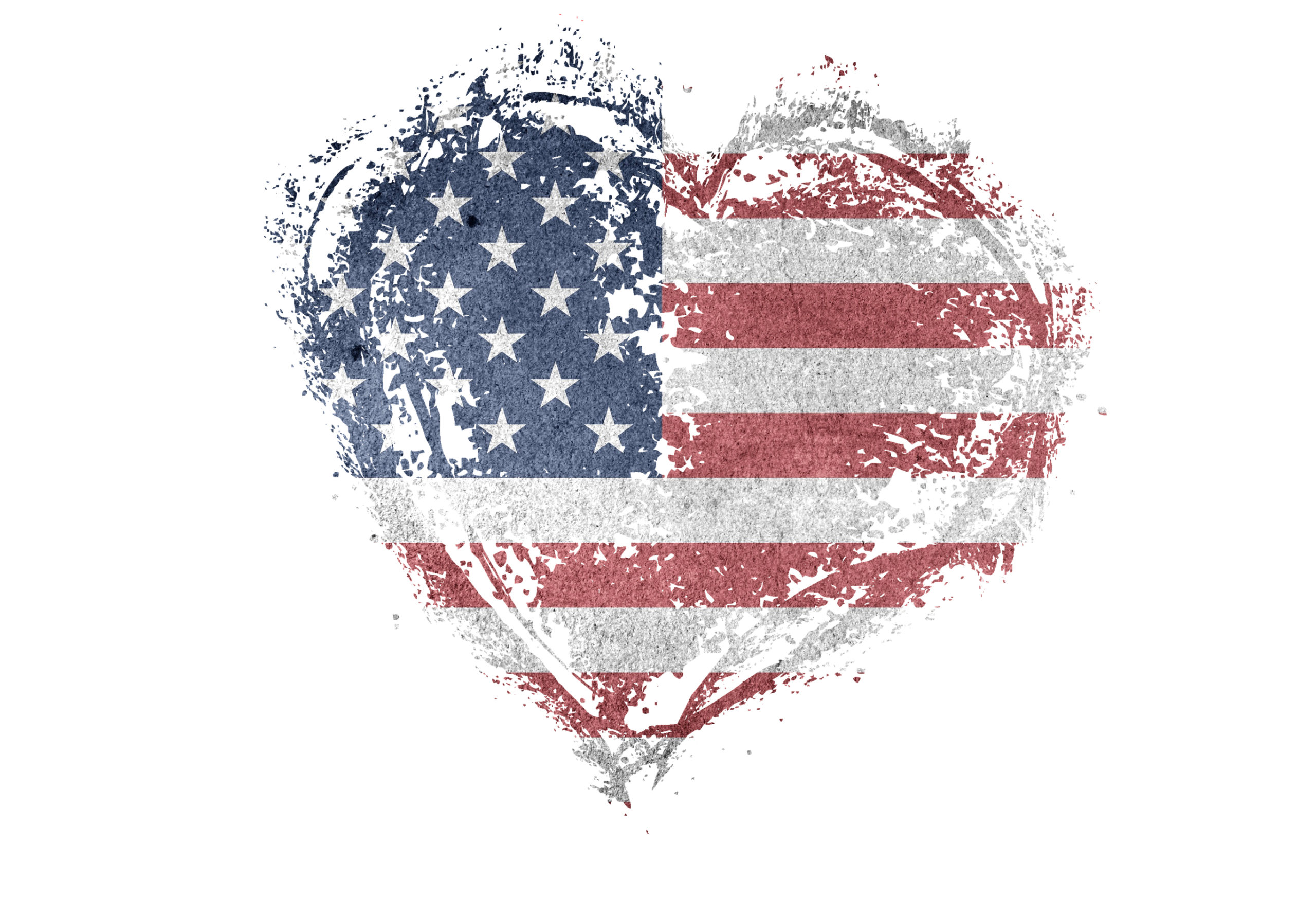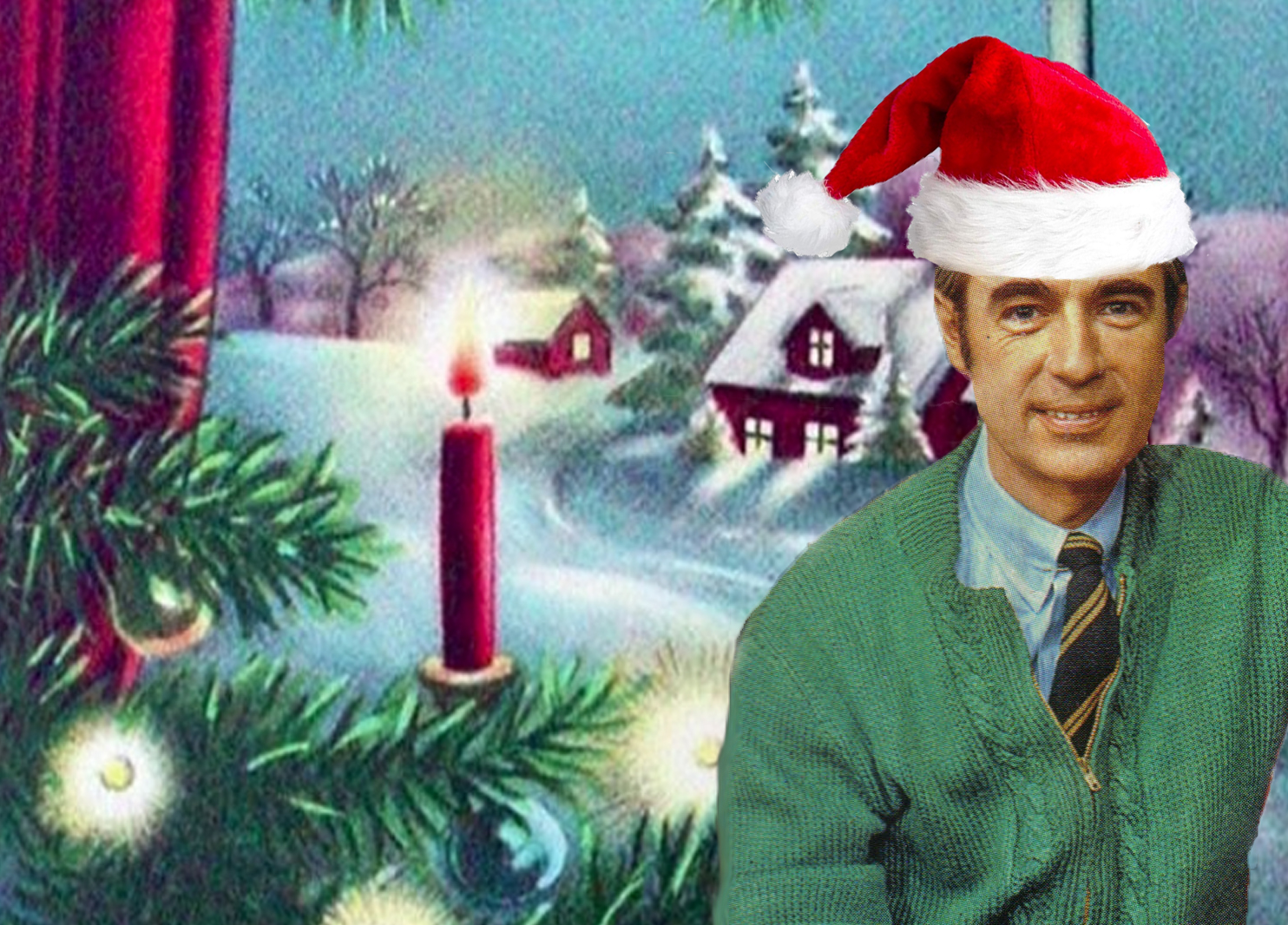
Originally published February 2021 on AppliedMindfulnessTraining.org
The Greeks acknowledged love’s nuances with many names. This year my Valentine goes out to America, wishing for a wave of love to sweep over our land, an upswelling of pragma, the word the Greeks used for a love built on commitment, understanding, and long-term best interests. Like building a business, or a family. Or a country.
With lyrics that point out laughable looks, flawed figure, weak mouth, and questionable intelligence, the old song “My Funny Valentine” is a kind of backhanded compliment, ending with the admonition not to change. While it can be comforting to hear that imperfections are lovable, any attempt to avoid change flies in the face of reality.
So we might as well acknowledge that America cannot help but change. And that’s a good thing. Much as we may love our country, it started out with — and still has — enormous imperfections, the content and character of which have changed over the centuries. Today our challenge is to find common ground in the midst of ever more raucous contention.
What can we learn by looking back in time? When disparate colonies only recently shed of British rule yoked themselves together, how did they manage their differences? It no doubt helped that they were all privileged white men, a homogeneity reflecting society’s norms about power back then. That, coupled with conviction that reasonable men could overcome differences to work for the common good, gave birth to a Constitution that sought to honor the aspirations expressed in the Declaration of Independence.
As in a marriage of convenience, individual parties saw potential mutual benefit. The language is right there in the Preamble: in order to form a more perfect union and, among other goals, insure domestic tranquility. Like a prenuptial agreement enacted slightly after the fact, the Constitution considered what each party brought to the union. Factoring in the state of their states — no easy job — they aspired to write a social contract as binding as a marriage contract, which was considerably more binding then — socially if not legally — than it is today.
It’s not surprising that the resulting document was full of compromises, checks, and balances; as always, parties favored their own positions and tried to protect their interests. What is surprising is that it has held up as well as it has, even if it did take a bloody separation to start the phrase “all men” on its slow process of expanding to acknowledge that those rights belong to not only white men, but also men of color, and eventually women too.
It has been a long haul. Ladies Home Journal was first published less than twenty years after the Civil War ended. Many decades later when it arrived in our mailbox each month I grabbed it to read my favorite feature: “Can This Marriage Be Saved?” Fascinated by glimpses of personal lives beyond my nuclear family, I pored over the articles in which a wife and husband each presented their perspectives before a marriage counselor weighed in with advice that, as I recall, generally suggested the wife accommodate her husband.
Watching the storming of the Capitol last month, I found myself wondering, Can This Union Be Saved? It may be a categorial simplification but I think it holds some truth: those on the right think that those on the left have no appreciation for America, its virtues or the values it was founded on, while those on the left think the others want to return to an imaginary golden age that is really a code for restoring white supremacy. When some find little to admire in a country founded on theft of land and labor, and others condemn what they see as the abandonment of traditional values, it’s no wonder contempt runs rampant.
The pandemic has increased our inclination to turn online and has thereby enhanced the echo chamber effect. We mostly seek out those who think like us. If we do go to sites that feature other views, it’s often just to throw flames, or shade, or simply confirm in our own minds how stupid and/or evil they are. Contempt.
And it turns out, from research observing couples and following them over time, contempt is the greatest single predictor of divorce. But science also offers some hope because, although we’re hardwired to like those who are most like us, neuroplasticity means we have the ability to recognize and override not only that inherent tendency, but also the conditioned responses we’ve picked up over time.
We have to work hard to stretch enough to feel the humanity of those who don’t think like us. We have to recognize and renounce violent intentions, even if others proudly display guillotines or nooses at protests. If we were in a marriage that was in trouble, we might seek a counselor, or mediation, but in this case remediation needs to begin within each one of us.
In his inaugural address, President Biden suggested we open our souls instead of hardening our hearts. The way we open our souls, regardless of what we believe about the nature of the soul, is by meeting our everyday minds — the thoughts and emotions that we cultivate, often without even noticing. If we do, we discover that we have the ability to change. Consciously. Because if we do choose to stay together and make this union a more perfect one, we have to be willing to do the work to open our hearts to others. Even if we don’t agree with them.
So this valentine to America is really a valentine to all of us. For all our faults, past and present, America is still a beacon. We saw this in the world’s reaction to events last month. Will we live up to its promise? History has its eyes on us. Can pragma prevail?



